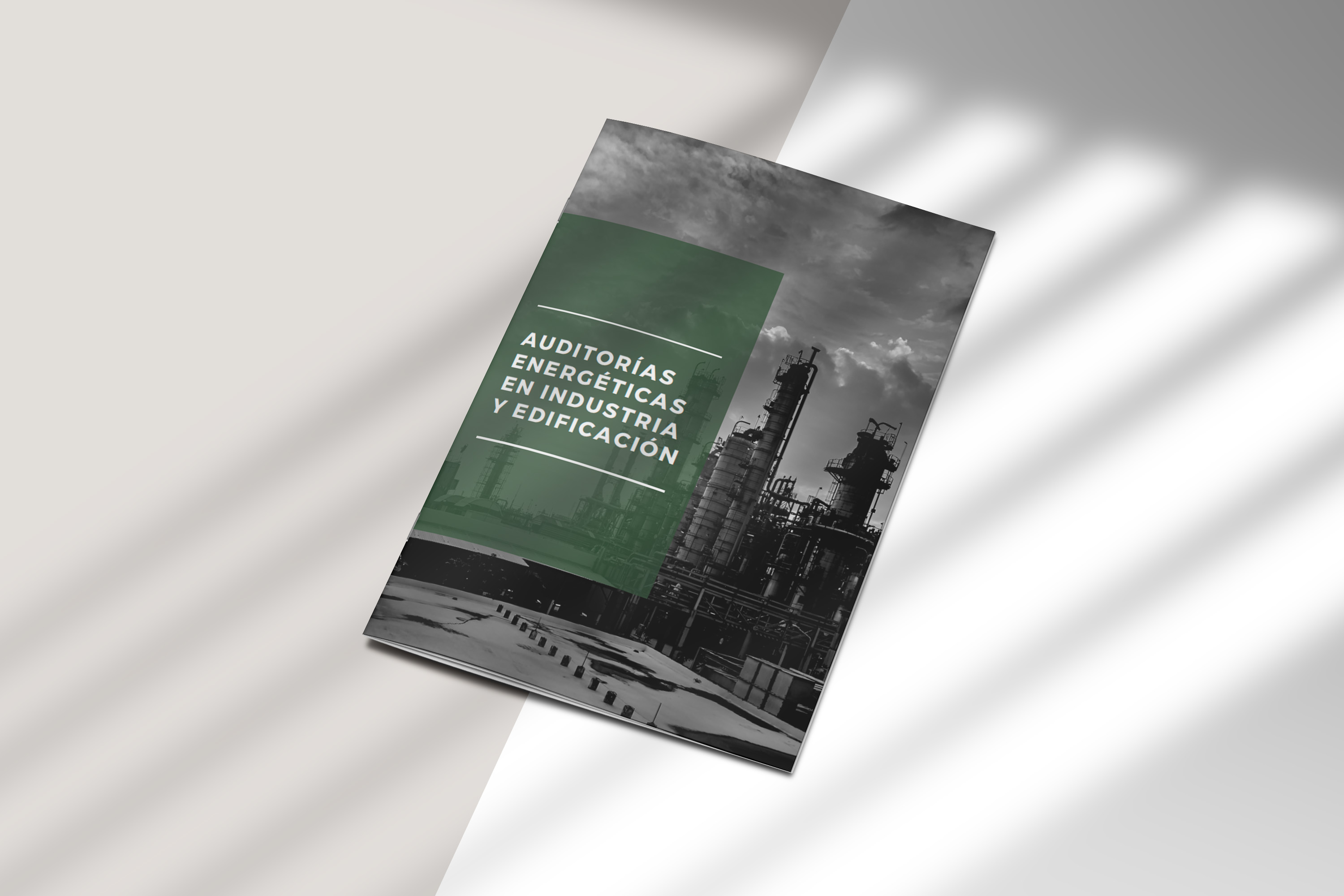Energy audits in industry and buildings
Energy audits involve a comprehensive analysis of what is being audited. Get trained in this discipline specialized in industry and building.
Interesting information about the course
This course can be subsidized by FUNDAE, contact us!
Next Edition
Modality
Duration
Price
Description of the course
Energy Audits involve a comprehensive analysis that allows obtaining an adequate knowledge of the existing energy consumption profile of a service, building, facility or industrial process, with the aim of identifying and quantifying the possibilities of cost-effective energy savings and preparing a report in this regard aligned with current regulations.
In addition, they also study the use and diversification of energy sources, including optimization by fuel switching or self-consumption by renewable energy installations.
It allows compliance with R.D. 56/2016 (mandatory in Spain to perform energy audits every 4 years or apply an energy or environmental management system) as well as knowing how, when and where energy is consumed enabling the orderly and structured proposal of practical measures to reduce energy costs with a short or medium term profitability.
*The training is organized, given and managed by CIRCE and the certification is carried out independently by CIRCE-Certificaciones. The fact of taking the training at CIRCE Foundation does not make the certification process easier or less demanding, nor does it affect the price of the certification.
**The course is not mandatory to obtain the certification.
***We offer an extended training of 150 hours for those without previous experience.
Request Information
Course Objectives
1
Evaluate and optimize the use of energy from production to distribution
2
Essential skills in building certification, production process analysis, and energy accounting.
3
Standards and quality management systems such as the UNE-EN-ISO 50.001: 2011 Standard.
Course Syllabus
You will learn how to improve energy efficiency, reduce costs, and minimize environmental impact.
You will delve into the process of measuring, recording, analyzing, and reporting energy use within an organization, as well as analyzing the economic context of energy management, evaluating the costs and benefits associated with energy consumption and energy efficiency initiatives.
You will learn the details of systematic assessments of energy use in an organization or facility.
You will learn how energy supply behaves, how to analyze economic costs, and how to propose measures to mitigate these effects in your organization.
You will delve into the instruments and methodologies for measuring and verifying your company's energy consumption and savings.
You will learn to evaluate the performance of electrical equipment, measure energy consumption, and assess electrical loads to propose improvements that optimize electricity use and reduce costs.
You will gain an in-depth understanding of HVAC systems (Heating, Ventilation, and Air Conditioning) and how these climate control systems, which regulate temperature, ventilation, and air quality in buildings and enclosed spaces, are key to improving efficiency.
You will analyze the motors, drives, and pumps of a plant as critical components to learn how to identify opportunities for improving their efficiency.
You will understand the importance of a building's envelope (walls, roofs, windows, doors, and floors) and its role in providing thermal and acoustic insulation, protecting against external weather conditions, and contributing to the building's energy efficiency while maintaining interior comfort.
You will learn to evaluate and rate a building's energy efficiency and understand how this certification provides a label indicating the building's energy consumption and environmental impact, helping to identify opportunities for improvement.
You will know how to offer sustainable alternatives to reduce non-renewable energy consumption and decrease carbon emissions. Similarly, you will evaluate the potential for incorporating renewable energy sources, such as solar, wind, or biomass, to increase energy efficiency and improve the sustainability of operations.
You will learn the main ways to automate a building's energy control systems to achieve more precise monitoring and make better decisions.
You will learn everything necessary about the field of lighting and how to ensure it becomes a key factor in energy savings.
You will delve into steam systems and boilers as critical elements in your industry's energy consumption and learn to propose the best corrective actions.
What does this course provide you?
Specially directed to
- Management of energy sources.
- Management of energy units and conversion factors.
- Knowledge and implementation of current legislation.
- Evaluation of energy consumption and use.
- Creation of energy performance indicators in the field of energy auditing and benchmarking.
- Development of measurement plans for data collection.
- Collection, verification and interpretation of energy measurements.
- Knowledge of physical, thermodynamic and fluid processes applied to energy use.
- Knowledge of the current energy market.
- Creation of improvement proposals depending on their technical and economic feasibility.
- Evaluation of energy savings.
- Aplicación de principios, metodologías y tareas, de acuerdo con la auditoría energética.
- Presentation of results and reports.
- Management of an energy audit.
Course Instructors

Juan Aranda EN
Ingeniería Mecánica e Industrial EN
+12 años de experiencia en proyectos de I+D nacionales y de la EU de materias energéticas EN

Alberto Costilla
Ingeniería Industrial
+9 años de experiencia en desarrollo y simulación CFD y HVAC.
Frequently Asked Questions (FAQs)
You can contact Cristina Rubio directly: dmtran@fcirce.es






